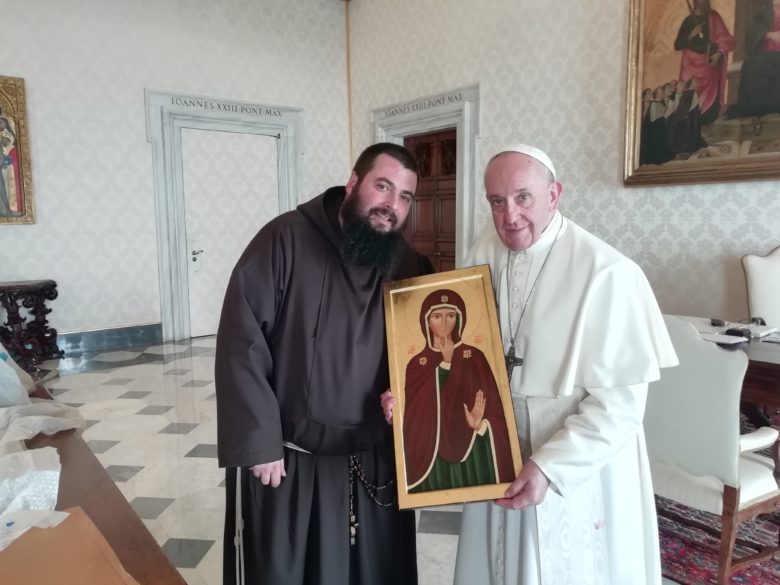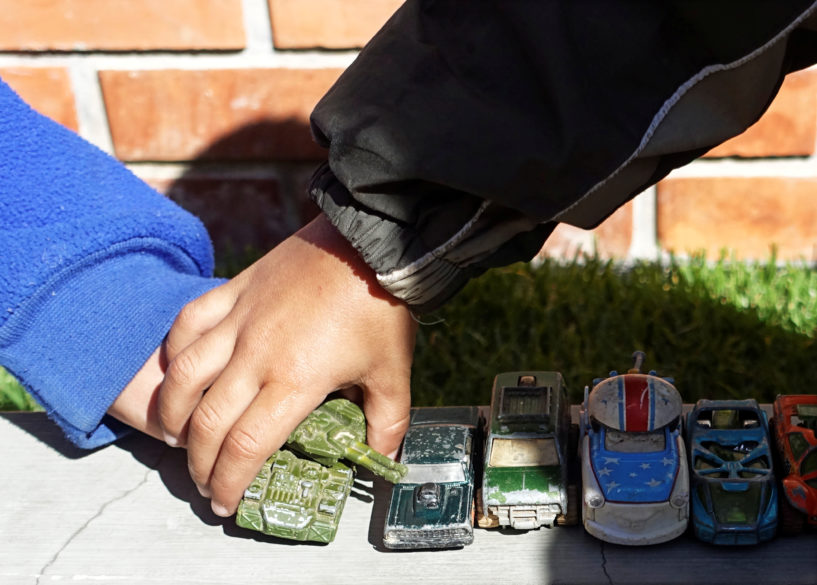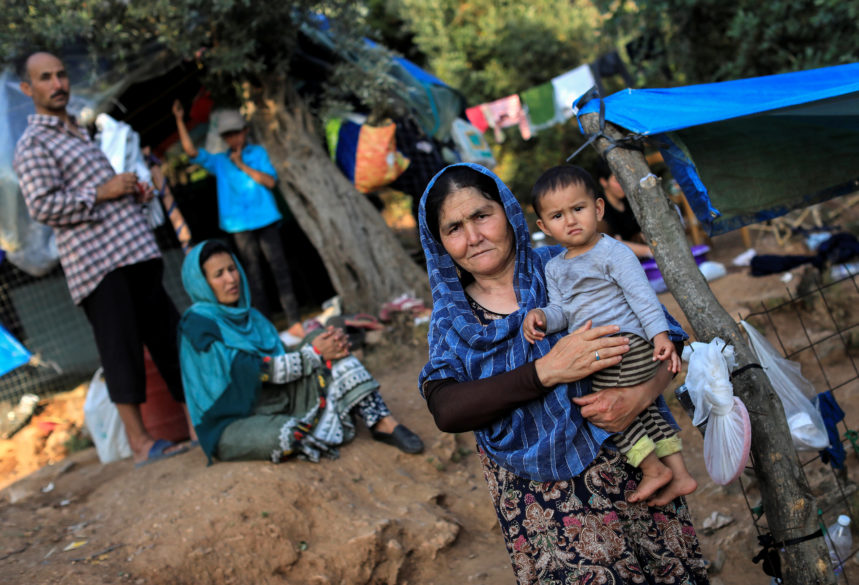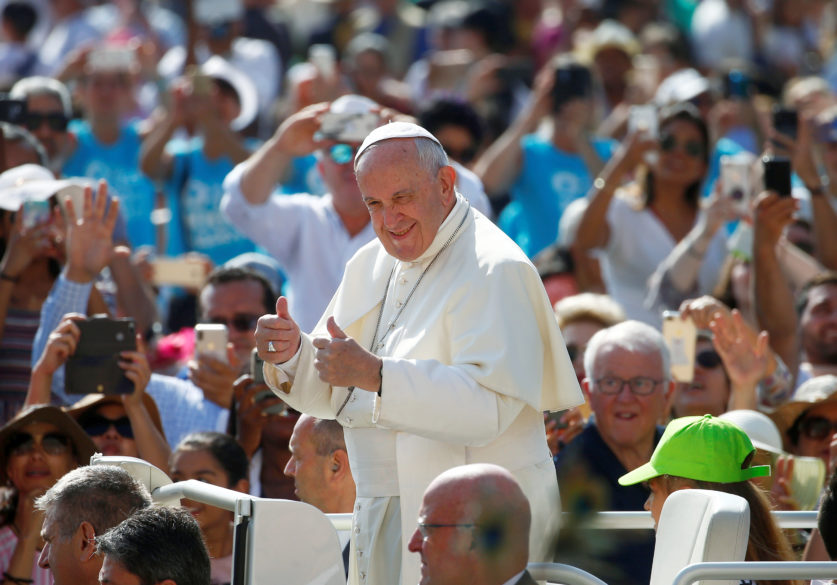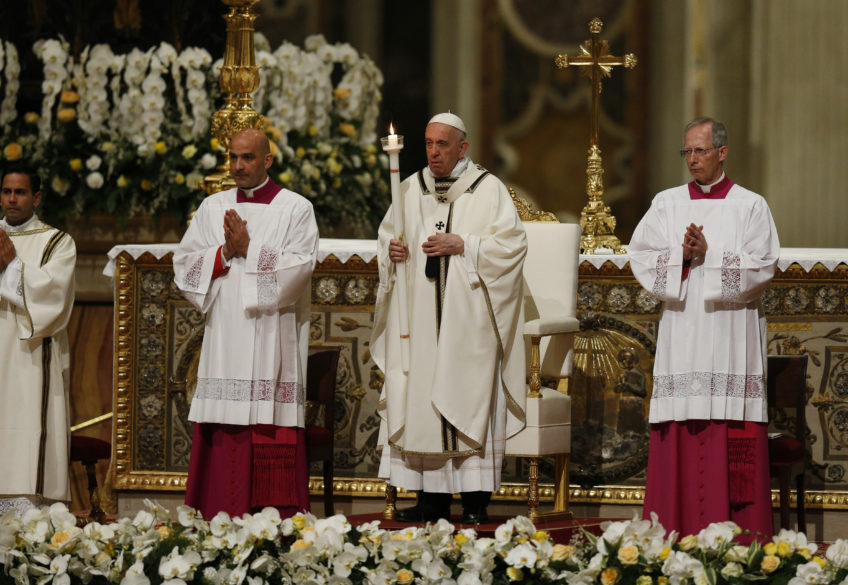By Rhina Guidos
WASHINGTON (CNS) – Pope Francis joined Catholic Church leaders expressing sorrow after back-to-back mass shootings in the United States left at least 29 dead and dozens injured in Texas and Ohio Aug. 3 and 4.
After the prayer called the Angelus in St Peter’s Square on Aug. 4, the pope said he wanted to convey his spiritual closeness to the victims, the wounded and the families affected by the attacks. He also included those who died a weekend earlier during a shooting at a festival in Gilroy, California.
“I am spiritually close to the victims of the episodes of violence that these days have bloodied Texas, California and Ohio, in the United States, affecting defenseless people,” he said.
He joined bishops in Texas as well as national Catholic organizations and leaders reacting to a bloody first weekend of August, which produced the eighth deadliest gun violence attack in the country after a gunman opened fire in the morning of Aug. 3 at a mall in El Paso, Texas, killing 20 and injuring more than a dozen people.
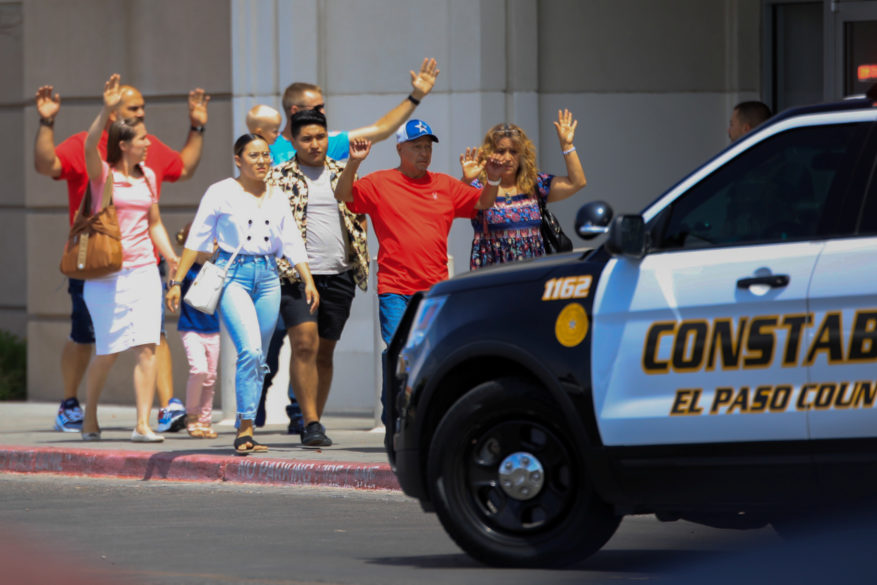
Less than 24 hours after the El Paso shooting, authorities in Dayton, Ohio, reported at least nine dead and more than a dozen injured after a gunman opened fire on a crowd at or near a bar in the early hours of Aug. 4. The suspected gunman was fatally wounded and police later identified him as 24-year-old Connor Betts, of Bellbrook, Ohio.
On Aug. 4, after the second shooting become public, the president of the U.S. Conference of Catholic Bishops and the chairman of the bishops’ domestic policy committee offered prayers, condolences and urged action.
“The lives lost this weekend confront us with a terrible truth. We can never again believe that mass shootings are an isolated exception. They are an epidemic against life that we must, in justice, face,” said Cardinal Daniel N. DiNardo of Galveston-Houston, USCCB president, in a statement issued jointly with Bishop Frank J. Dewane of Venice, Florida, chairman of the USCCB’s Committee on Domestic Justice and Human Development.
“God’s mercy and wisdom compel us to move toward preventative action. We encourage all Catholics to increased prayer and sacrifice for healing and the end of these shootings. We encourage Catholics to pray and raise their voices for needed changes to our national policy and national culture as well,” the statement continued.
In the shooting in El Paso, police arrested 21-year-old Patrick Crusius, of Allen, Texas. Several news organizations said local and federal authorities are investigating whether the shooting was a possible hate crime since the suspected gunman may be linked to a manifesto that speaks of the “Hispanic invasion” of Texas.
On its website, the Diocese of El Paso announced Aug. 4 that Masses would take place as scheduled on Sunday but canceled “out of an abundance of caution” a festival-like celebration called a “kermess,” which is popular among Catholic Latino populations, that was scheduled to take place at Our Lady of the Light Church.
The Sisters of Mercy of the Americas posted a prayer on their website called “Let the shooting end.” They called on lawmakers to enact guns laws “to protect all in our society.”
Immediately after the news of the El Paso shooting, they tweeted: “Our hearts break for the families of those killed and wounded in today’s mass shooting in El Paso. A school, a movie theater, a church, a shopping mall: All places where we should feel safe, all places that have experienced senseless tragedy because of guns.”
Cardinal DiNardo and Bishop Dewane said in their Aug. 4 statement that the bishops’ conference has long advocated for responsible gun laws and increased resources for addressing the root causes of violence and called upon the president and congress to set aside political interests “and find ways to better protect innocent life.”

